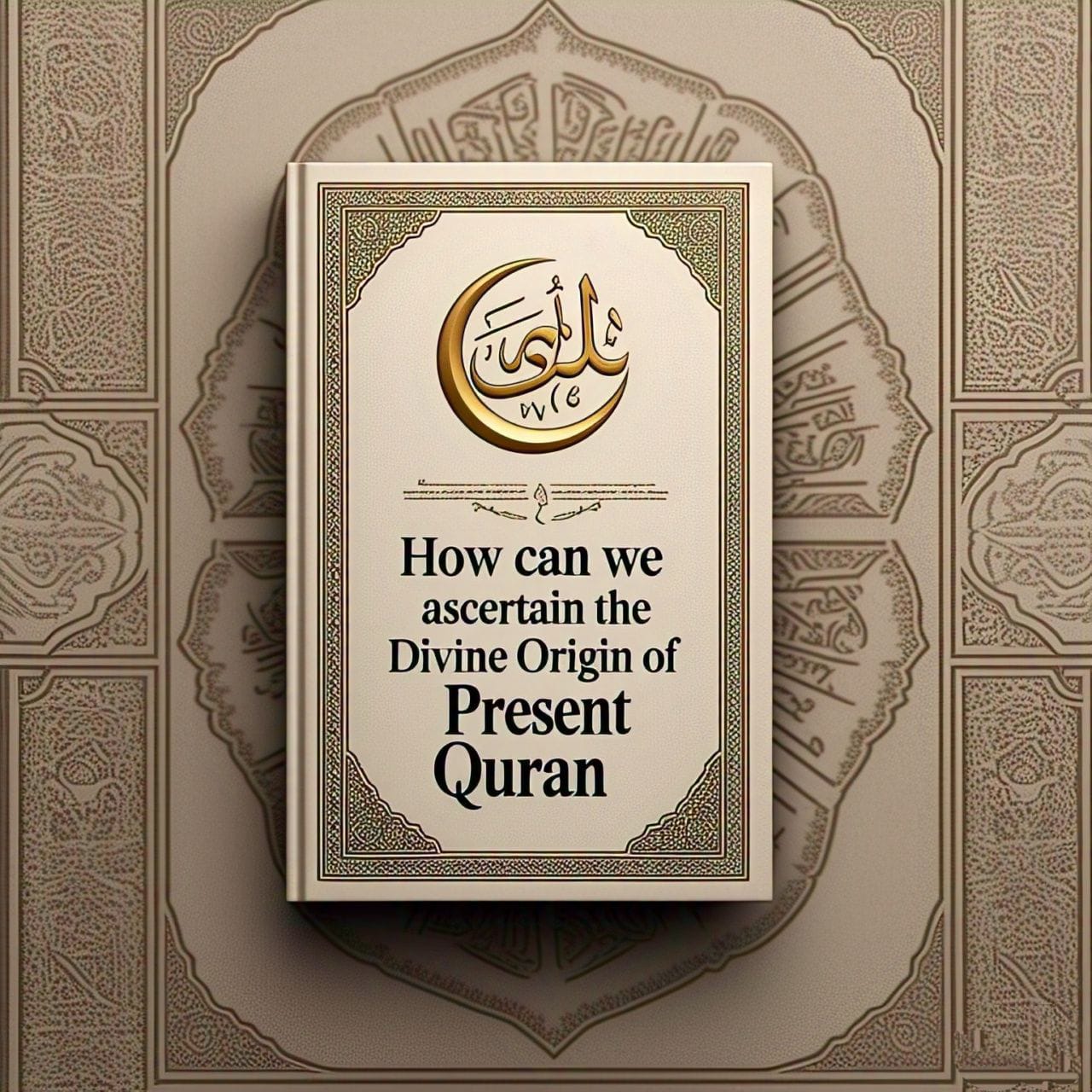How can we ascertain the divine origin of the present Qur'an?
The verses of the Qur'an revealed to Prophet Muhammad (SAWAS) are considered miraculous, a concept in which a prophet performs extraordinary deeds to demonstrate their divine role, deeds that people cannot replicate. The Qur'an itself serves as a paramount example of this. Prophet Muhammad (SAWAS) presented it as a miracle to validate his prophet hood and challenged others to rival it. This challenge has echoed through the ages, yet no one has been able to produce anything resembling the Qur'an. Thus, the miracle of the Qur'an substantiates its divine nature.
Several compelling reasons support this claim:
- The Qur'an, with its profound meanings and profound wisdom, was conveyed by a person who had not received formal education or instruction. This aspect is a fundamental miracle of the Qur'an. It labels the Prophet as "Ummi," signifying "Untaught." Historical records confirm that the Prophet indeed had no formal education, a fact acknowledged even by non-Muslim orientalists and historians.
- The manner in which the Qur'an communicates is remarkably distinct from any human expression. Its eloquence is unparalleled. It issues a challenge to all individuals proficient in eloquence and rhetoric, boldly stating:
"Say: 'If mankind and jinn combined to produce the like of this Quran, they would never be able to produce one like it, not even if they were to help one another" (Quran, Chapter-17, Verse-88).
Even more strikingly, the Qur'an challenges disbelievers to produce just ten chapters that match its caliber by stating:
“Do they say, ‘He has fabricated it?’ Say, ‘Then bring ten chapters like it, fabricated, and invoke whomever you can, besides Allah, should you be truthful.” (Quran,Chapter-11, Verse-13).
Furthermore, it issues a challenge to replicate just a single chapter or verse from the Quran:
“And if you are in doubt concerning what We have sent down to Our servant, then bring a surah like it, and invoke your helpers besides Allah, if you are truthful”. (Quran, Chapter-02, Verse-23).
“Let them bring a verse like it, if they are truthful”. (Quran, Chapter-52, Verse-34).
Despite ongoing challenges from the Islamic world, no disbeliever has succeeded in crafting even a sentence comparable to any verse of the Qur'an. Consequently, literary scholars have firmly concluded that this exceptional book cannot be the product of human endeavor but is indeed a divine revelation.
- The inimitable style of the Qur'an was so distinctive that even Walid ibn Mughirah, a renowned pre-Islamic Arab writer and poet, declared, "I heard a saying from Muhammad that is neither like the words of human beings nor of angels. His speech has a special sweetness." To diminish the Qur'an's influence, he later labelled Muhammad as a sorcerer.
- The Qur'an stands apart in its freedom from defects and contradictions. While human endeavours are prone to shortcomings, defects, and contradictions, the Qur'an's style and content remain unchanging.
- The Qur'an contains information about the unseen, recent history, and predictions about the future. These predictions constitute a facet of the Qur'an's miraculous nature.
- Research has demonstrated that the Qur'an touches on various scientific disciplines, including cosmology, biology, and medicine, in ways that align with contemporary scientific knowledge.
For more in-depth exploration, you may refer to books like "Understanding the Quran" compiled by Late Muthadha Mutahari:
https://books.findtruth.co.uk/ebooks/understanding-the-qur%E2%80%99an-part-1
Or "Towards a Better Understanding of the Quran" authored by Shaykh Muslim Bhanji.
These books provide additional insights and research on the divine nature of the Qur'an.











